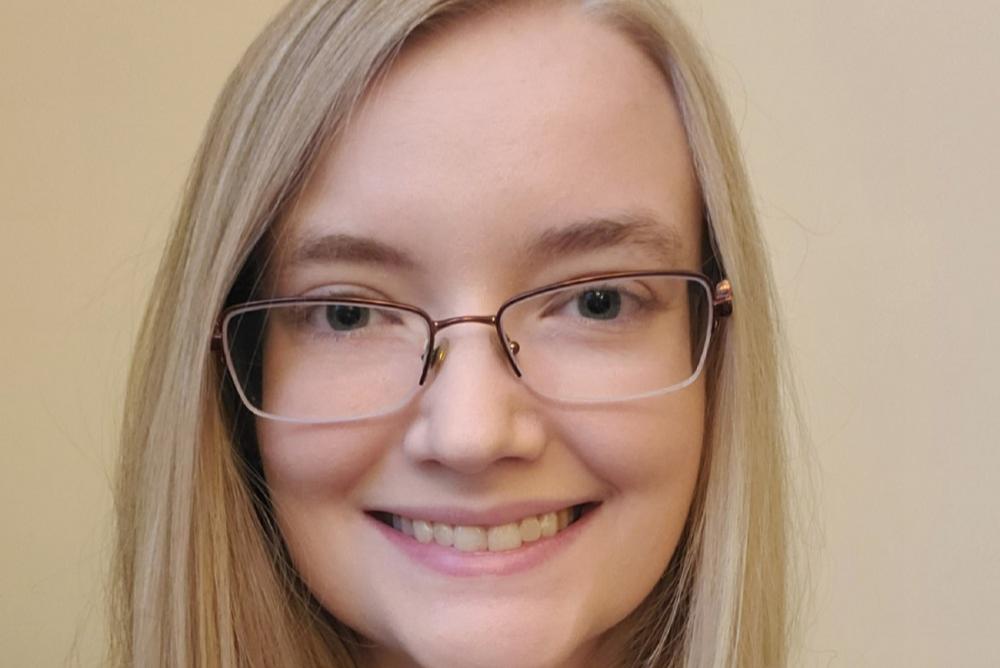Physics Events
[PAST EVENT] Anna Schmedding, Computer Science - Thesis Defense

Abstract:
We present an individual-centric model for COVID-19 spread in an urban setting. We first analyze patient and route data of infected patients from January 20, 2020, to May 31, 2020, collected by the Korean Center for Disease Control & Prevention (KCDC) and illustrate how infection clusters develop as a function of time. This analysis offers a statistical characterization of mobility habits and patterns of individuals. We use this characterization to parameterize agent-based simulations that capture the spread of the disease, we evaluate simulation predictions with ground truth, and we evaluate different what-if counter-measure scenarios. Although the presented agent-based model is not a definitive model of how COVID-19 spreads in a population, its usefulness, limitations, and flexibility are illustrated and validated using hard data.
Bio:
Anna Schmedding is an M.S./Ph.D. student in the Computer Science department at William & Mary, supervised by Dr. Evgenia Smirni. Her primary research interests are in performance, reliability, and workload characterization. She received her M.S. in Mathematics from Syracuse University in 2019 and her B.S. in Computer Science and Mathematics from York College of Pennsylvania in 2016.
